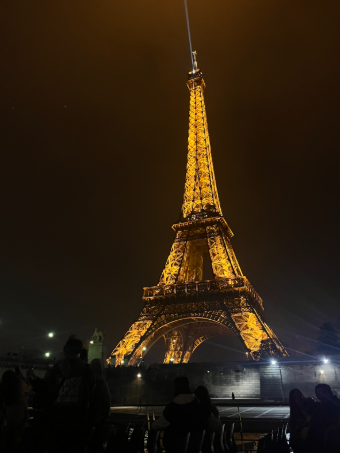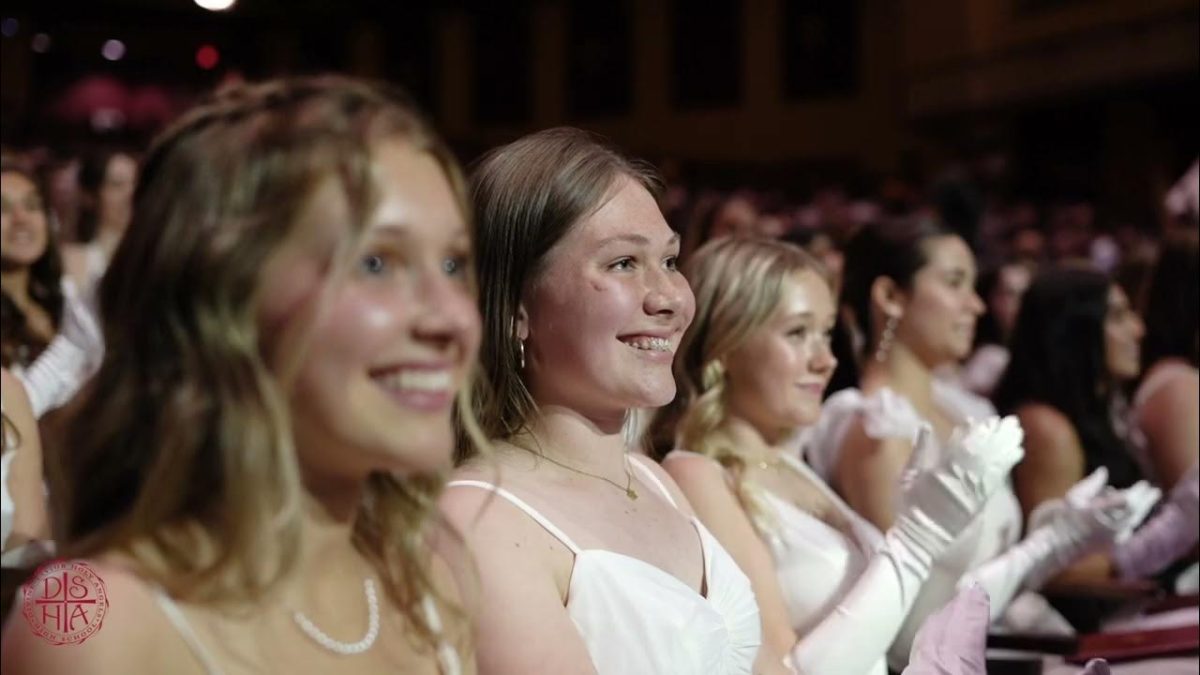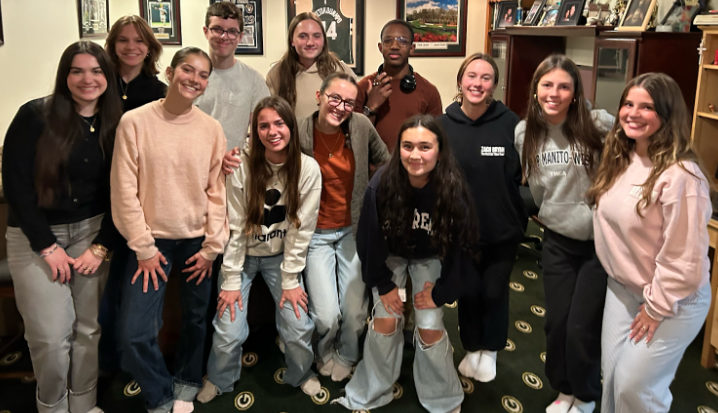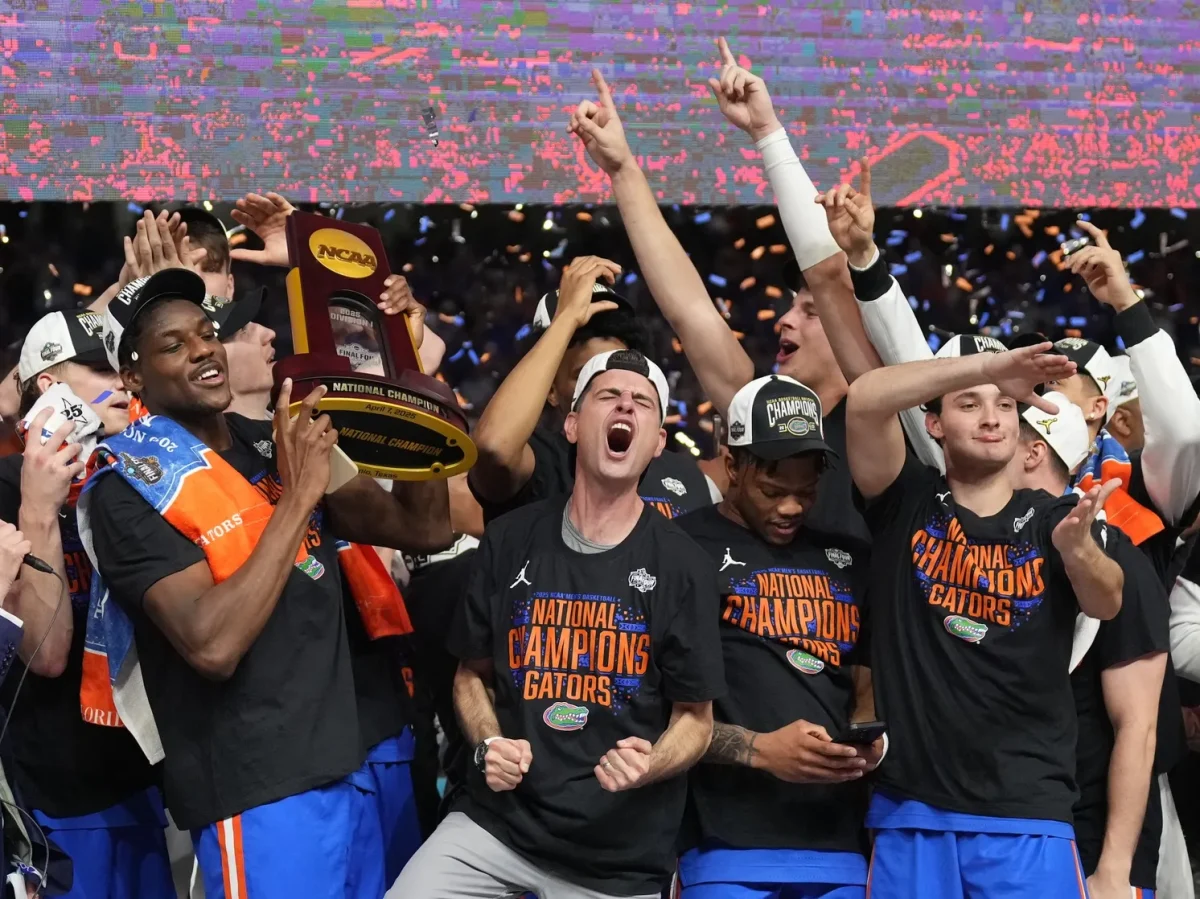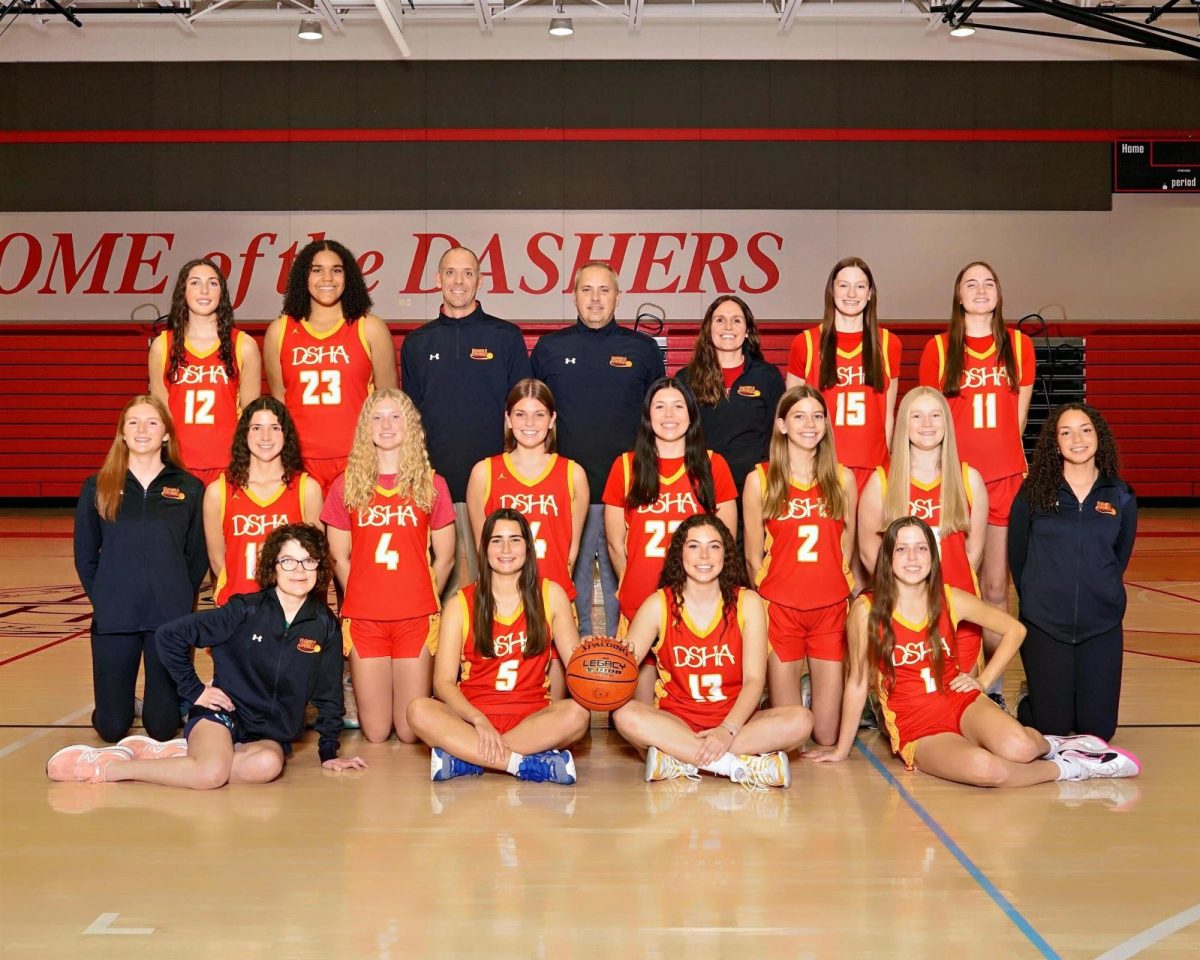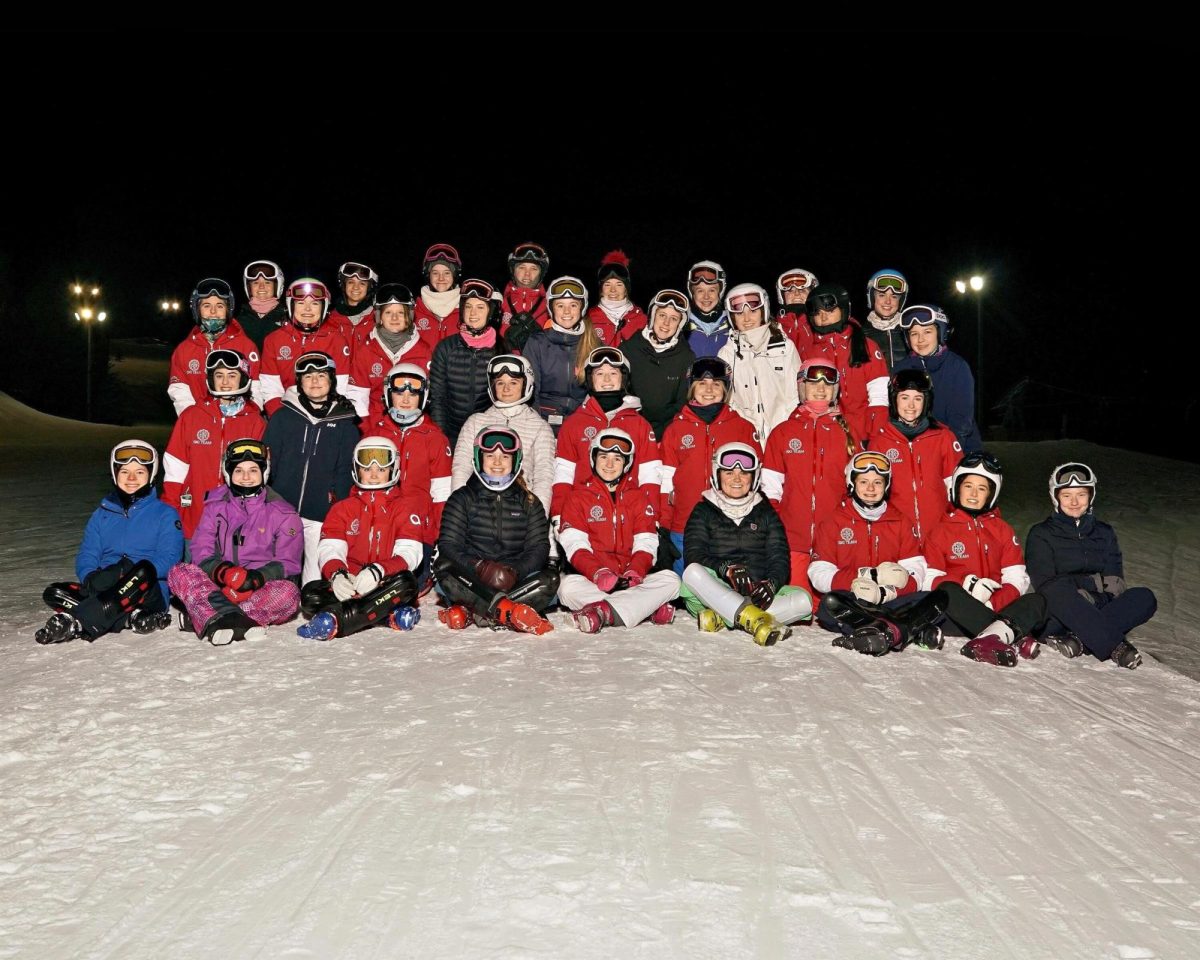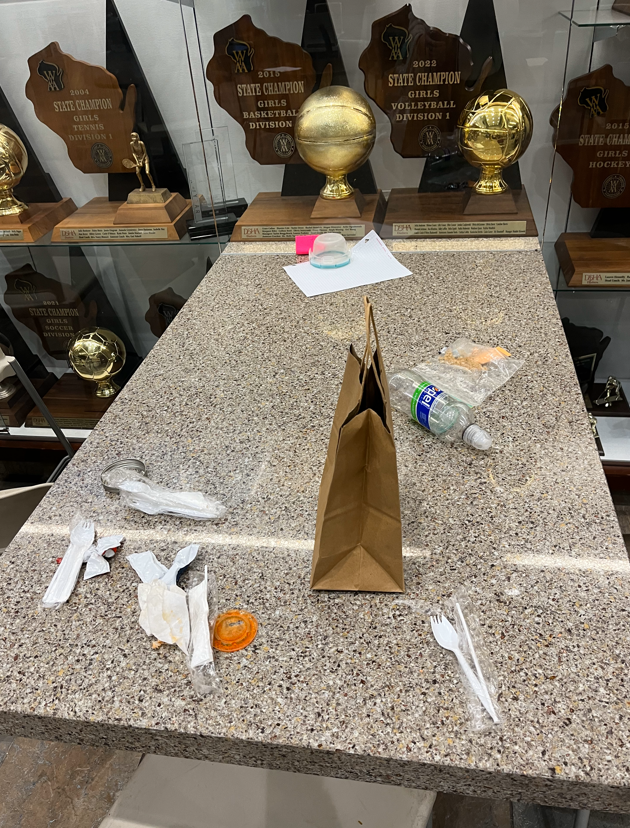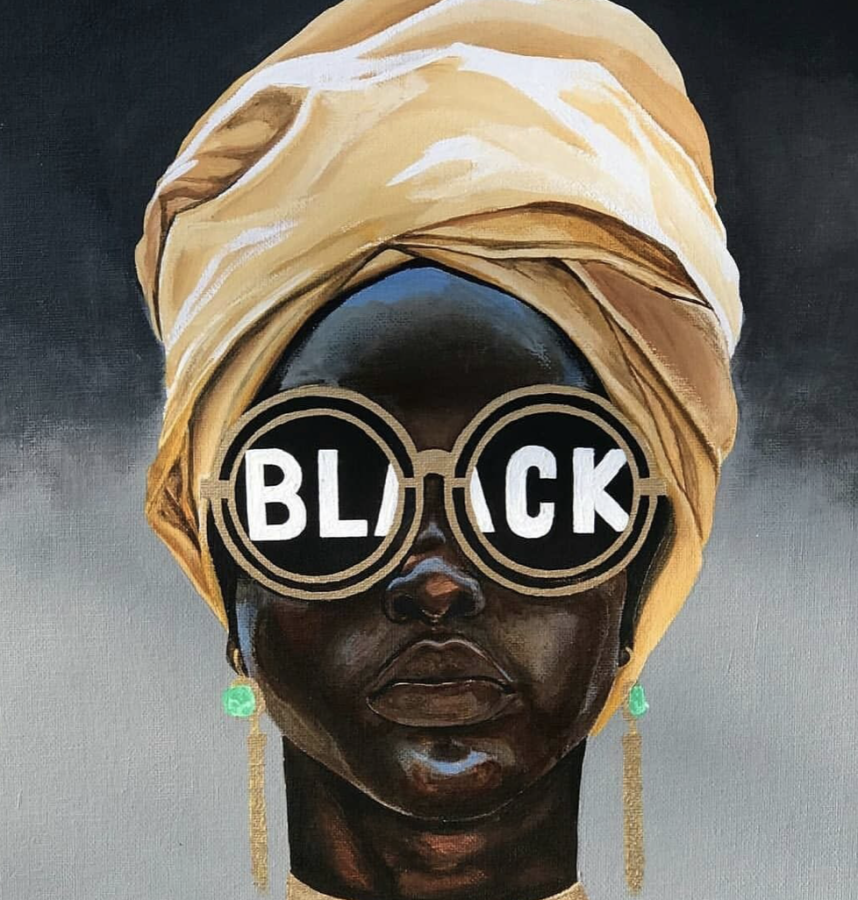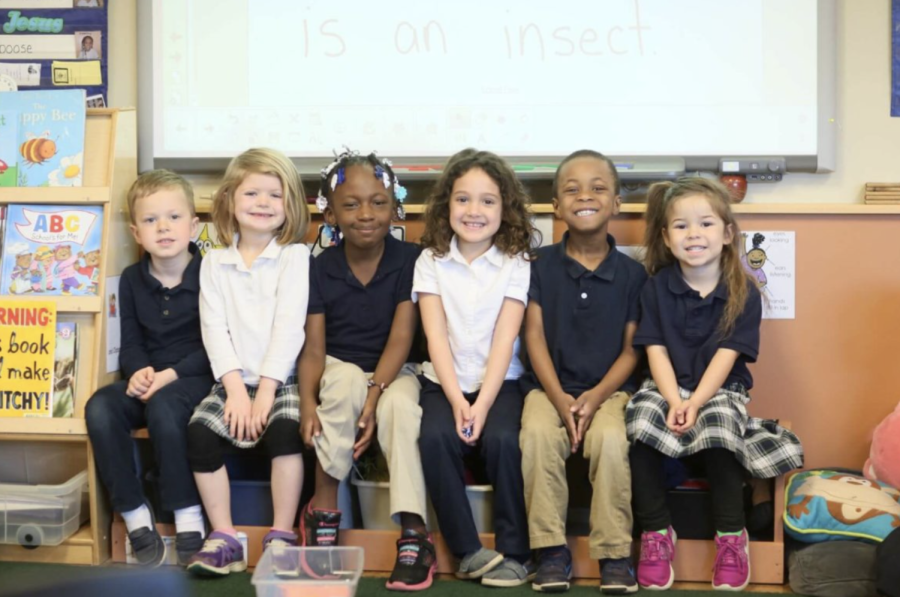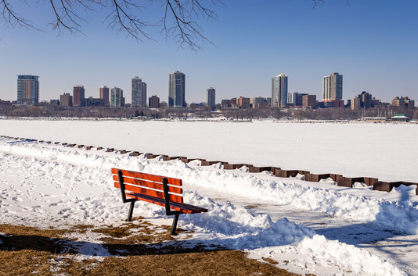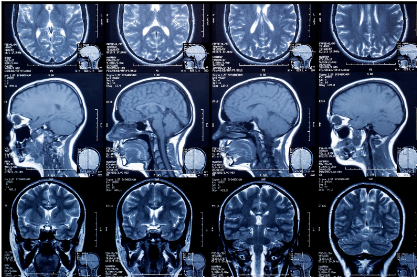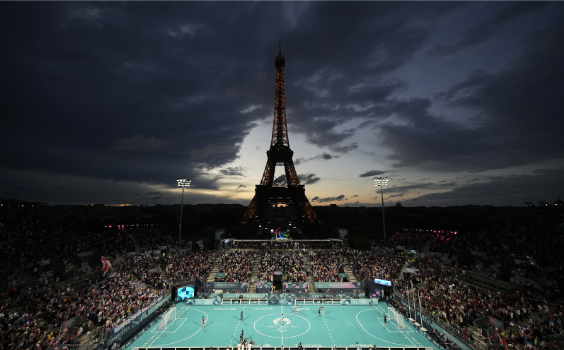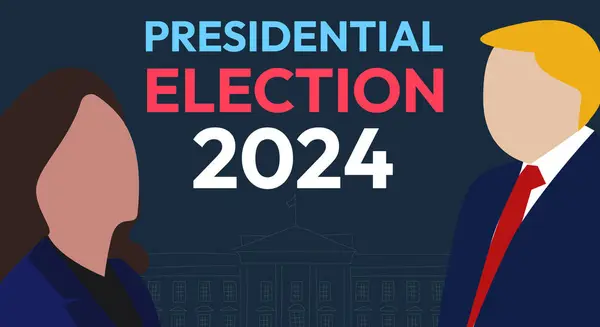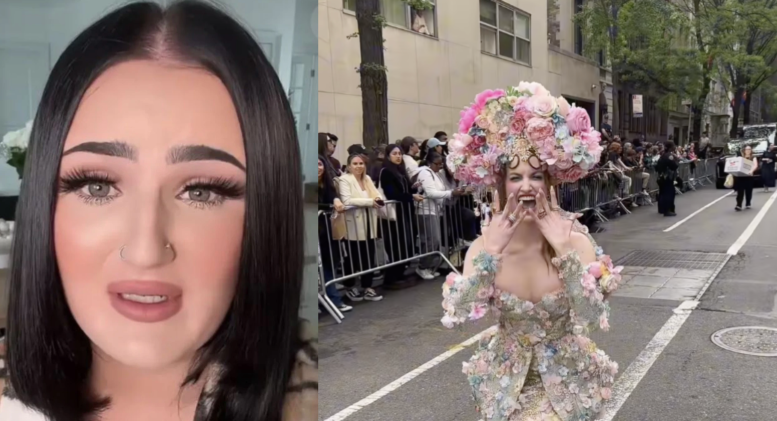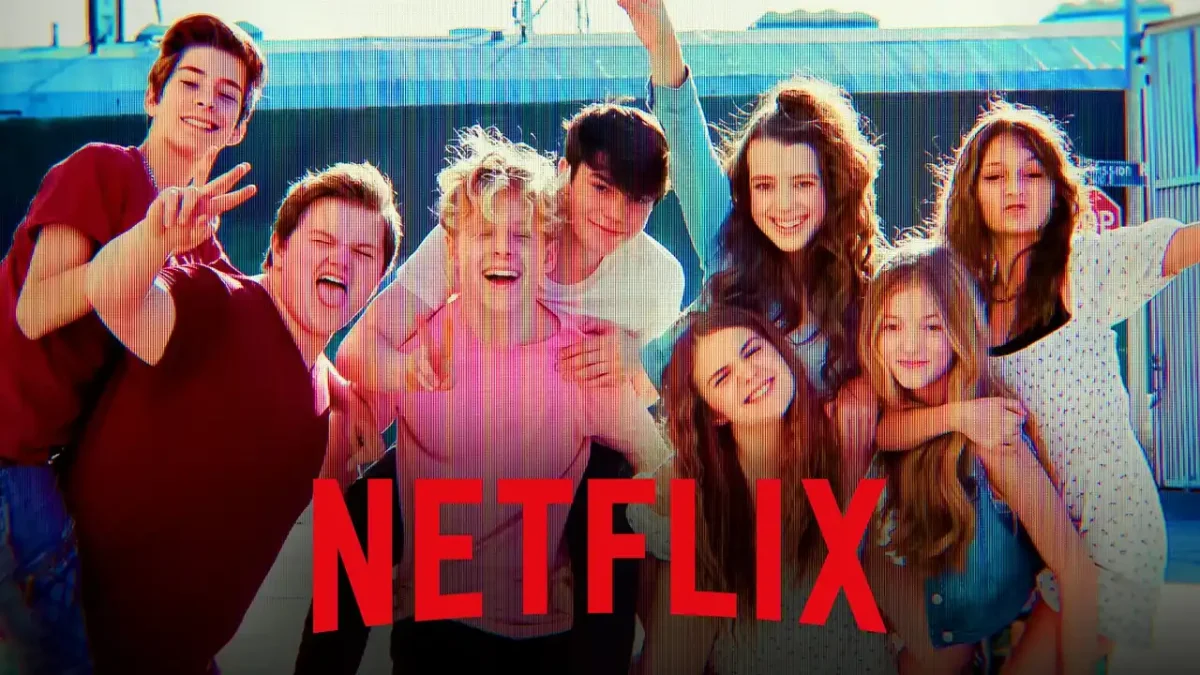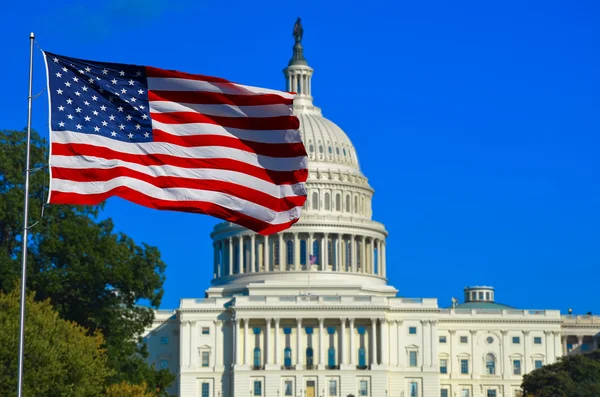
On Wednesday, September 5th, a 15-year-old student from Apalachee High School in Winder, Georgia, shot two teachers, two fourteen-year-old classmates, and injured nine other people. The story has sparked continued conversation about the United States’s restrictions on firearms and gun laws.
The 15-year-old was taken into custody in the county next to the Winder, Georgia, Apalachee Highschool shooting after a fellow student heard the 15-year-old student make threats about “finishing the job.” Then two days later, a 13-year-old girl was arrested for threatening on Instagram to carry out a shooting in her Middle School in Florida, a post she later claimed was a joke. Even a child as young as 12 years old was charged with making terroristic threats, instilling fear, and threatening to “shoot up the school” while showing his classmates firearms over FaceTime. There are dozens of cases all around our country threatening violence in schools and school has only been in session for mere weeks. Children are being arrested and police presence is increasing.
In a USA TODAY article about school shooting threats, reporters found that “Schools across the nation face frequent shooting threats, and history shows those threats continue after mass shootings. In the days after the mass shooting at Robb Elementary School, for example, schools in the San Francisco Bay Area faced more than a handful of threats…After [the Parkland high school] shooting: More than 600 copycat threats have targeted schools.”
It’s a fact that the fast increase in school shootings has sprouted from the Columbine High School mass shooting. On April 20th, 1999, 13 people were killed and 20 more injured, with the shooters both killing themselves in the end. The question most Americans face is: why has this surge come about and how can we resolve this huge issue facing our country? One thing that many people believe is that shooters are lonely, reclusive people, but studies show much of the time, these violent offenders are average classmates you may know or be acquainted with.
Dave Cullen the author of Columbine the book on the 1999 Columbine High School shooting in Colorado says, “those stereotypes were never true to begin with. ‘Everybody knows who commits these kind of murders. They’re outcasts, typically goth or other sorts of kids that dress funny and live on the fringes,’ Cullen said. ‘That’s well known. It’s also wrong.’ Take, for example, a few of the school shootings in the past couple of decades…After TJ Lane killed three students at Chardon High School in northeast Ohio, students said he was no outcast and a friend described him as ‘a very normal, just teenage boy.’ Sixteen-year-old Jeffrey Weise, referred to in various media reports as ‘goth,’ had a decent-sized group of friends when he killed nine people and himself in Minnesota in 2005. When you examine the social and family lives of some of these teenagers, it quickly becomes clear that there is no one profile of a school shooter. School shooters don’t fit a single profile.”
Since the early nineties, it’s become routine that at least once a year, a shooting drill is done at American Highschools and Elementary Schools. Students from the US have had to learn how to quickly adapt to gun-related events and violence in their school. So much so, that even students from outside of the United States have noticed the rapid increase in gun-related violence, and what students have to do in case of a threat to their lives.
“It is genuinely disturbing.” Iustin Tranca, a Romanian high school student says. “As an outsider looking in, it is so mind-boggling that rather than restricting firearms, schools have to come up with new ways to make sure that their students and teachers are safe. Not only that, […] it sets the precedent that it is a natural occurrence similar to earthquakes and fires […] It is unfortunate and frustrating that this is the reality so many schools face.”
The last few decades have been filled with news of gun-related violence in schools and it’s our job as students to take action. If you hear a student make threats online, report it to a trusted adult as soon as you can. Help advocate for better gun safety protocols and laws, so those with guns can use them safely. We need to work together to protect one another.

